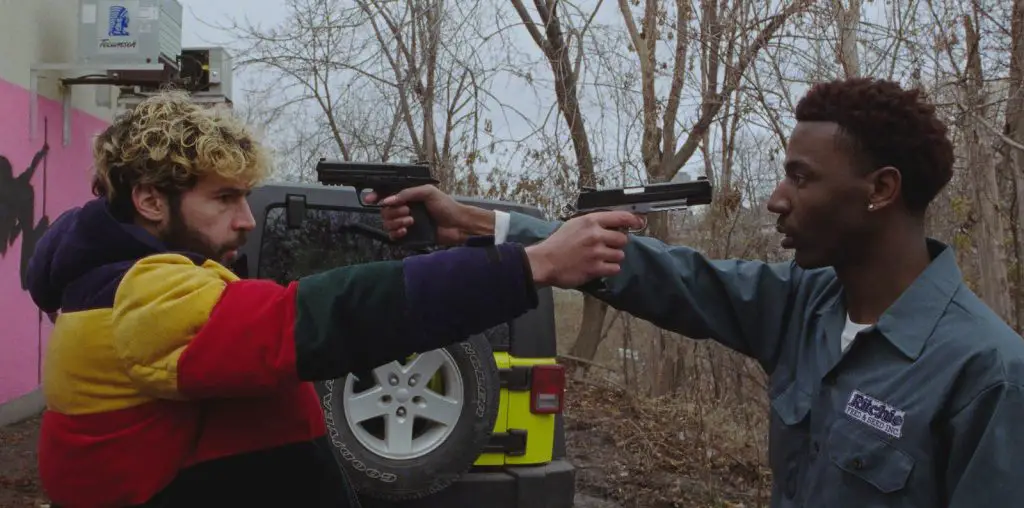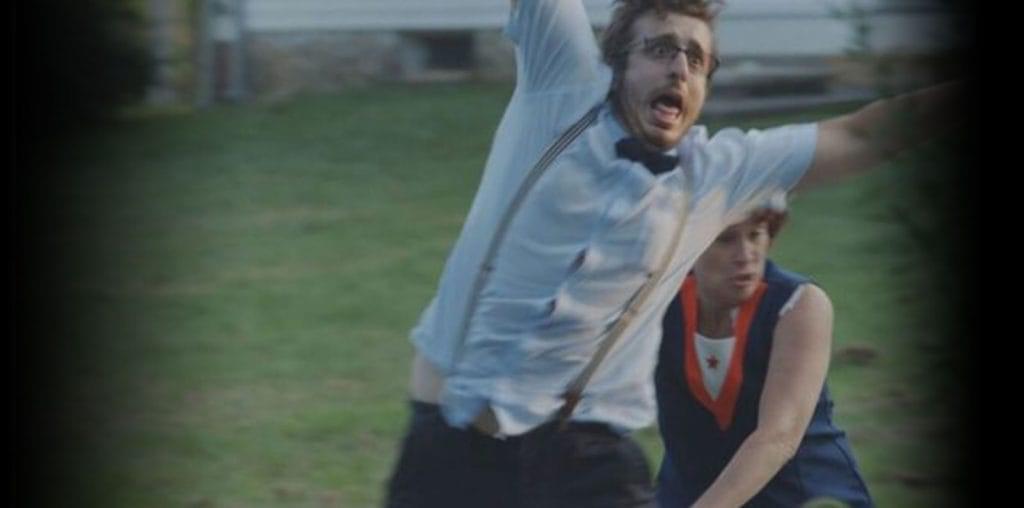
When it is impossible to fully know something, it may suffice to simply feel it. Such is the case with Abbas Kiarostami’s Certified Copy, a rare treat for a number of different reasons. For one, it’s a film whose lofty ambitions are somehow fulfilled: in addition to focusing its gaze on art—its nature, its value, its simultaneous singularity and reproducibility—Certified Copy stands as a work of art itself. And yet this is no stuffy pseudo-philosophical treatise; the film is devoid of pretense but replete with genuinely thought-provoking (which isn’t to say esoteric) ideas. Too, it is a vibrant picture whose joie de vivre is in no way lessened by the sadness that often permeates throughout, making it worthwhile by any metric.
Much can be gleaned from the title alone. The very idea of something being a “certified copy” is as much a half-joke as it is a seeming contradiction, one from which the latent meaning of the film flows: art, like life, is a wholly subjective experience based on the perspective of the individual experiencing it. And yet, if beauty lies in the eye of the beholder, how can we judge it in any mutually agreeable way? Likely we can’t, and herein lies the point—as well as the fun—of it all, for we don’t have to. Certified Copy underscores the idea that what most matters in art (and, by extension, nearly everything else) is not the object itself, but rather our perception of it. If the meaning behind a painting or sculpture or statue were clearly laid out and easily agreed upon, it would cease to have any worthwhile effect. What Kiarostami shows with his Certified Copy is that this thought extends to life as well. (Interesting, then, that the medium of film is just about the only one never explicitly mentioned in this movie.) Toward that end, he introduces us to an author named James (whose book shares its title with this film) and an antique dealer known only as She who spend the majority of the film quibbling over this and that, further solidifying all the while and with each new topic that they are both right and wrong at the same time. But rather than a cop-out or failure to commit to any one answer, this amounts more to a reminder of the fact that ‘any one answer’ rarely, if ever, satisfies any one question. It is perhaps the greatest triumph of this film that, despite how ‘of the mind’ it is, its emotional resonance never suffers; rather, it somehow ends up being the centerpiece.
To compare such a uniquely bold film to anything would be a disservice were it not for the fact that Kiarostami dismisses the importance of originality altogether. By way of reference point, a mention of the qualities Certified Copy shares with My Dinner with Andre serves to show that this is not wholly unprecedented in its approach. Like Louis Malle before him, Kiarostami has seen fit to let his film take place almost entirely in real-time and consist mostly of an extended conversation between two philosophically-minded people. But rather than remain seated in a restaurant, James and She jaunt about the living museum that is Tuscany on an exceptionally beautiful day; the film at times seems to be one long tracking shot from from which looking away never seems an option. Kiarostami manages to please the eye, mind, and heart all at once.
Perhaps the most discussed aspect of the film will end up being the fact that She and James, though ostensibly meeting for the first time on the day the film takes place, may actually be an estranged couple. Note the use of the word may; it’s never made clear whether the two are sincere or simply play-acting. Think of it as the art-house version of the spinning top in Inception: the more you’re made to wonder, the clearer it becomes that it doesn’t matter either way. Indeed, for Kiarostami to explicitly state just what is going on would be contrary to the film’s central thesis. In leaving the question unanswered, he puts his movie where his mouth is, so to speak. What before could have been passed off as idle talk between two people slowly morphs into a narrative conceit as well as a unity between form and content on par with anything in recent memory.
If it’s true that life imitates art, Certified Copy is a good place to start. Kiarostami has woven together a veritable tapestry of the mind; here a stray thought, there an oft-disputed theory. Perhaps most importantly, he has also given us a unique lens through which to look at that which inspires art in the first place, reminding us that the seemingly endless mimetic procession—art into life into art—shows no signs of slowing.

